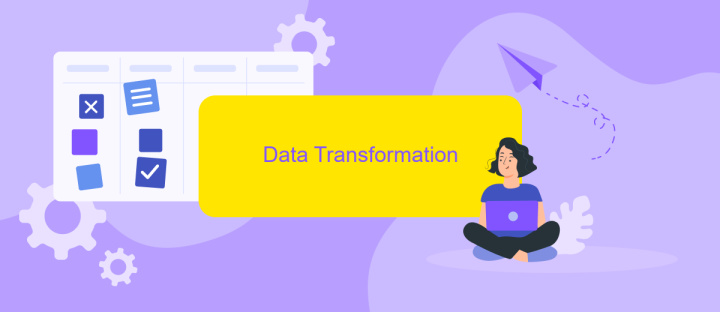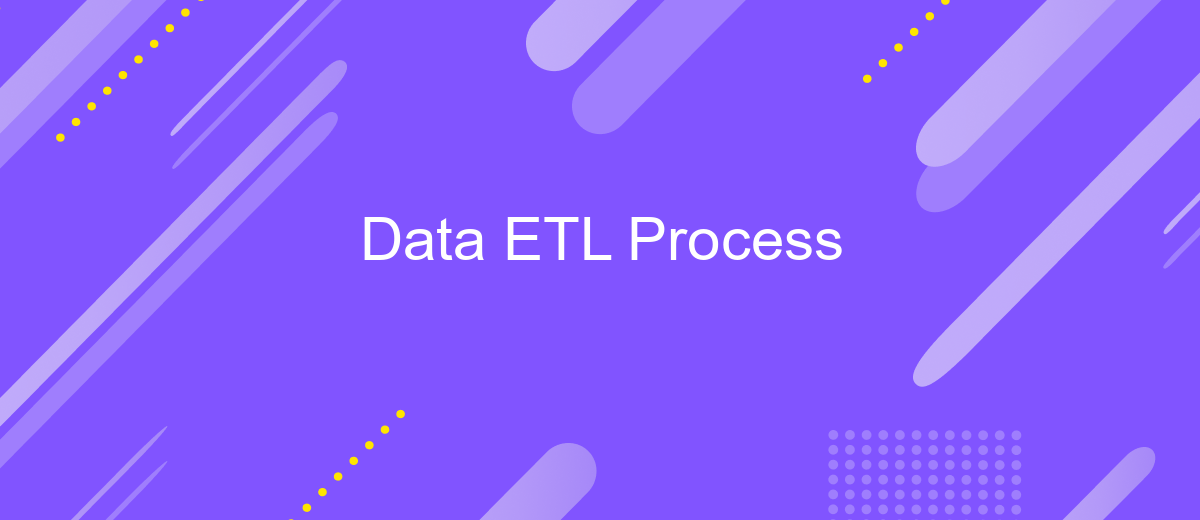Data ETL Process
The Data Extract, Transform, Load (ETL) process is a critical component in data management and analytics. It involves extracting data from various sources, transforming it into a suitable format, and loading it into a data warehouse or database. This process ensures data consistency, quality, and accessibility, enabling organizations to make informed decisions based on reliable data insights.
Introduction
The Data ETL (Extract, Transform, Load) process is a fundamental aspect of data management, enabling organizations to efficiently handle and analyze vast amounts of data from various sources. This process ensures that data is accurately extracted, transformed into a suitable format, and loaded into a target system for further analysis and decision-making.
- Extraction: Retrieving raw data from multiple sources such as databases, APIs, and flat files.
- Transformation: Cleaning, aggregating, and converting data into a consistent format.
- Loading: Inserting the transformed data into a target data warehouse or database.
Effective ETL processes are crucial for businesses to gain insights and make data-driven decisions. Tools like ApiX-Drive facilitate seamless integration and automation of data flows, reducing manual intervention and enhancing efficiency. By leveraging such services, organizations can streamline their ETL workflows, ensuring data accuracy and reliability.
Data Extraction

Data extraction is the first crucial step in the ETL process, involving the retrieval of data from various sources such as databases, cloud services, and APIs. This step ensures that the data collected is accurate, complete, and in a format suitable for further processing. The sources can be structured, semi-structured, or unstructured, and the extraction methods vary depending on the type of data and source. Common techniques include querying databases, scraping web pages, and using API calls to gather data from different platforms.
To streamline the extraction process, integration services like ApiX-Drive can be utilized. ApiX-Drive simplifies the connection between various data sources and your ETL pipeline, enabling seamless data flow without the need for extensive coding. It supports a wide range of applications and platforms, ensuring that data is consistently and reliably extracted. By leveraging such services, organizations can save time and resources, allowing them to focus on analyzing and utilizing the data rather than managing complex integrations.
Data Transformation

Data transformation is a crucial step in the ETL process, where raw data is converted into a format suitable for analysis. This involves cleaning, normalizing, and enriching data to ensure consistency and usability. Proper transformation helps in improving data quality and making it more meaningful for business intelligence and analytics.
- Data Cleaning: Remove duplicates, handle missing values, and correct errors.
- Data Normalization: Standardize data formats and units to ensure consistency.
- Data Enrichment: Enhance data by adding relevant information from external sources.
- Data Aggregation: Summarize data to provide higher-level insights.
- Data Integration: Combine data from different sources to create a unified dataset.
For seamless data integration, services like ApiX-Drive can be highly beneficial. ApiX-Drive enables easy setup of integrations between various applications and systems, automating the data flow and ensuring that transformed data is readily available for analysis. By utilizing such tools, businesses can streamline their ETL processes and focus more on deriving actionable insights from their data.
Data Loading

Data loading is the final step in the ETL process, where transformed data is moved into a destination system, such as a data warehouse, database, or another storage solution. This step is crucial for ensuring that the data is readily available for analysis and reporting.
Effective data loading requires careful planning to handle large volumes of data efficiently. The process must be optimized to minimize loading times and avoid disruptions to the destination system. Strategies like incremental loading and partitioning can help achieve this.
- Incremental Loading: Only new or updated data is loaded, reducing the volume of data processed.
- Partitioning: Dividing data into smaller, manageable chunks to speed up the loading process.
- Batch Processing: Loading data in batches to control the flow and avoid overloading the system.
Using integration services like ApiX-Drive can simplify the data loading process by automating data transfers between various systems. ApiX-Drive supports numerous integrations and provides a user-friendly interface to set up and manage data workflows, ensuring seamless and efficient data loading.
Data Validation and Quality Assurance
Data validation and quality assurance are critical steps in the ETL process to ensure the accuracy and reliability of the data being processed. During the data validation phase, data is checked for completeness, accuracy, and consistency. This involves validating data types, ensuring that all required fields are populated, and checking for any anomalies or outliers that may indicate errors. Automated tools and scripts can be employed to streamline this process, reducing the likelihood of human error and increasing efficiency.
Quality assurance goes beyond validation by incorporating continuous monitoring and improvement of data quality. This includes setting up automated alerts for data discrepancies, performing regular audits, and implementing feedback loops for ongoing improvements. Services like ApiX-Drive can facilitate the integration of various data sources and automate the validation process, ensuring seamless data flow and high-quality outputs. By leveraging such tools, organizations can maintain high standards of data integrity, ultimately leading to more accurate insights and better decision-making.
FAQ
What is an ETL process?
Why is ETL important for businesses?
How often should ETL processes be run?
What are common challenges in ETL processes?
Can ETL processes be automated?
Apix-Drive will help optimize business processes, save you from a lot of routine tasks and unnecessary costs for automation, attracting additional specialists. Try setting up a free test connection with ApiX-Drive and see for yourself. Now you have to think about where to invest the freed time and money!

